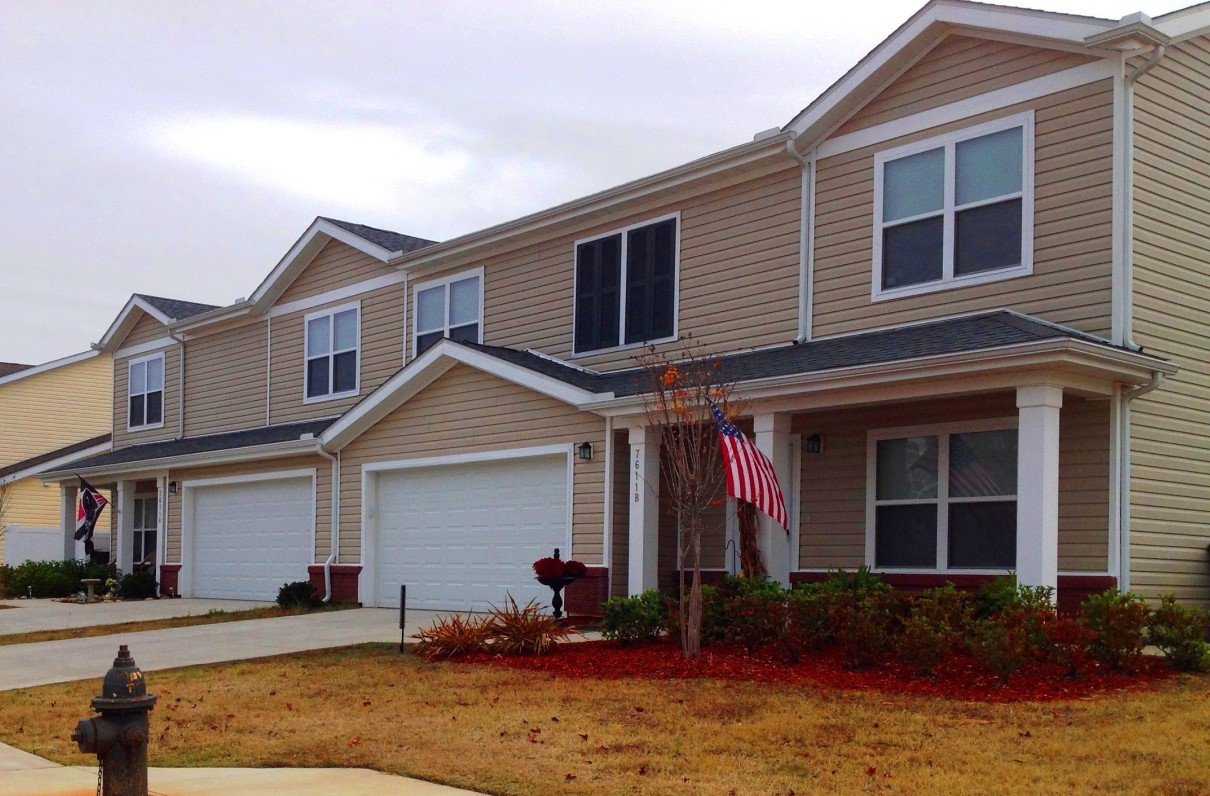MOAA is working with federal lawmakers to put regulations and protections in place for military families who stay in privately managed homes on military installations.
Earlier this month, military families told lawmakers of vermin infestations and mold problems that led to hospital visits - conditions that House and Senate members described as “disgusting” and “outrageous.” Military leaders and managers of the private housing companies have vowed to work toward solutions to provide military families with safe and habitable homes.
MOAA has heard from and worked with several of these families, and continues to work with lawmakers for legislative action. Eryn Wagnon, director of government relations for military family policy at MOAA, said the association strives to represent concerns and ideas voice by military families.
“It is great to see Congress hold the services and private partners accountable for the housing conditions and negative experiences these families face,” Wagnon said. “MOAA is helping Congress shape legislation on this issue, and we can expect to see bills introduced in the coming weeks.”
[RELATED: Coalition Seeks Answers from DHA on Health Concerns in Military Housing]
MOAA believes there are five key areas to address moving forward:
1. Renegotiation of lease agreements. Congress should empower the services to renegotiate these agreements to allow for more oversight and accountability.
2. Creation of a “Tenant Bill of Rights.” Such a document would help tenants understand their authority before moving in. The rights should be equal to civilians living on the economy in that state. The bill should cover the tenant's ability to withhold housing payments if maintenance and repairs are not conducted properly, as well as requests for reimbursement for services paid for out of pocket.
3. Improvement in communication. Stronger, clearer communication channels should be established between leaders in local and state building inspection and health offices, as well as military treatment facilities. Clear communication among these agencies should foster a collaborative effort to resolve issues.
4. Standardization in housing surveys. The services should improve and standardize the tenant satisfaction survey for comparability and to eliminate bias. Standardizing surveys will make it easier to compare among installations, as well as track areas of concern.
5. Education on legal options. Services should provide tenants with informational material on how to seek legal recourse for housing disputes. There should also be training for Judge Advocate General Corps professionals on how to either assess proper action within the military or to make a referral for outside assistance.
Do you live, or have you ever lived, in contracted base housing? Share your thoughts and experiences with MOAA via email to legis@moaa.org.
Amanda Dolasinski is MOAA's staff writer. She can be reached at amandad@moaa.org. Follow her on Twitter @AmandaMOAA.

